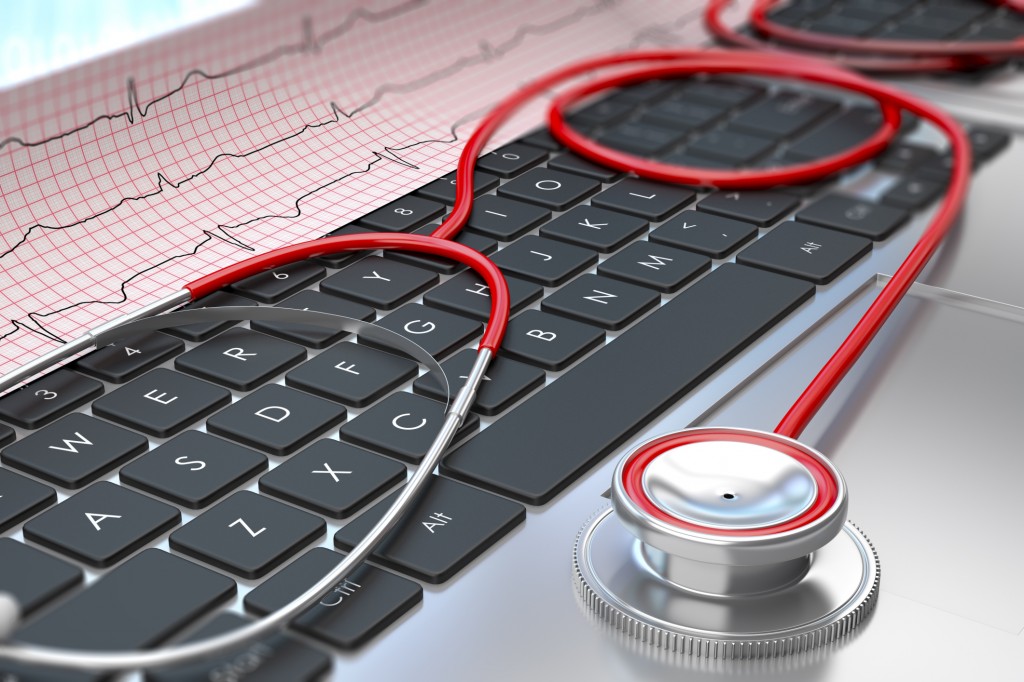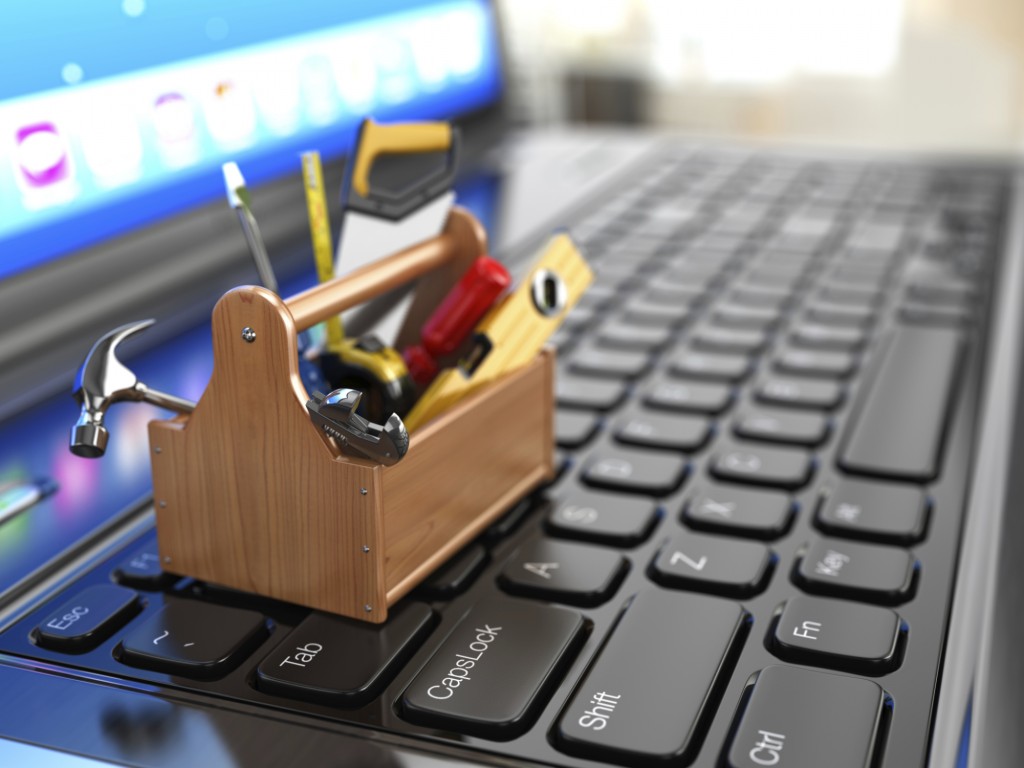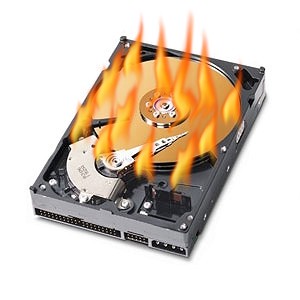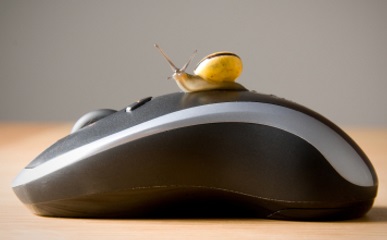 Is your computer running a bit slower than usual? Have you been putting off cleaning out your files stored on your desktop? Since February is host to National Clean Out Your Computer Day (February 11th), take some time out and dedicate it to your computer. Before your computer has time to take an unexpected turn for the worse, do yourself a favor and start by cleaning it out today. The following list includes a list of the best practices to keep your computer running at its optimal speed:
Is your computer running a bit slower than usual? Have you been putting off cleaning out your files stored on your desktop? Since February is host to National Clean Out Your Computer Day (February 11th), take some time out and dedicate it to your computer. Before your computer has time to take an unexpected turn for the worse, do yourself a favor and start by cleaning it out today. The following list includes a list of the best practices to keep your computer running at its optimal speed:
Clean your PC. We aren’t talking about the guts of your PC, we mean the outer surfaces. Cleaning your PC’s exterior will not only get rid of food particles, dust and hair that have settled in your keyboard, fan, and other components, it will also allow your computers performance. Before you begin, turn the power off. Clean your keyboard with compressed air and a safe cleaning solution. Wipe down your mouse. Then proceed to use the compressed air to clean your actual computer.
Clean out your PC. This is where you clean the innards of your computer’s brain, because software is just as important as its hardware. Delete all junk, duplicate files and programs that you no longer use. Reorganize those files, folders and don’t forget your desktop. Finally, make sure to check your PC for adware, viruses and other malicious software that may be slowing your system down.
If you aren’t sure how to clean your computer, make sure to consult a professional for additional help. Once your computer is cleaned inside out, enjoy its seamless, quick and quiet performance.
Call Up & Running Computer Solutions in Corona, CA for help with cleaning your computer at 951-737-8558. Learn more at our website at www.urcs.net.
Up & Running Computer Solutions proudly serve Corona and all surrounding areas.


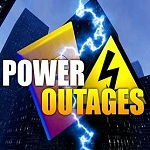 With all of the crazy weather, it is important to think about running your business without thinking about emergency precautionary measures. What will happen if you have a power surge? Do you have the proper
With all of the crazy weather, it is important to think about running your business without thinking about emergency precautionary measures. What will happen if you have a power surge? Do you have the proper  Has your computer started making funny noises? If you know nothing about computers, you aren’t alone. We buy our technology to make our lives easier, but when they begin to act strange, we have no clue about what to do with them. What are the components that make up our machines? How do we make sure they are running at top form?
Has your computer started making funny noises? If you know nothing about computers, you aren’t alone. We buy our technology to make our lives easier, but when they begin to act strange, we have no clue about what to do with them. What are the components that make up our machines? How do we make sure they are running at top form?